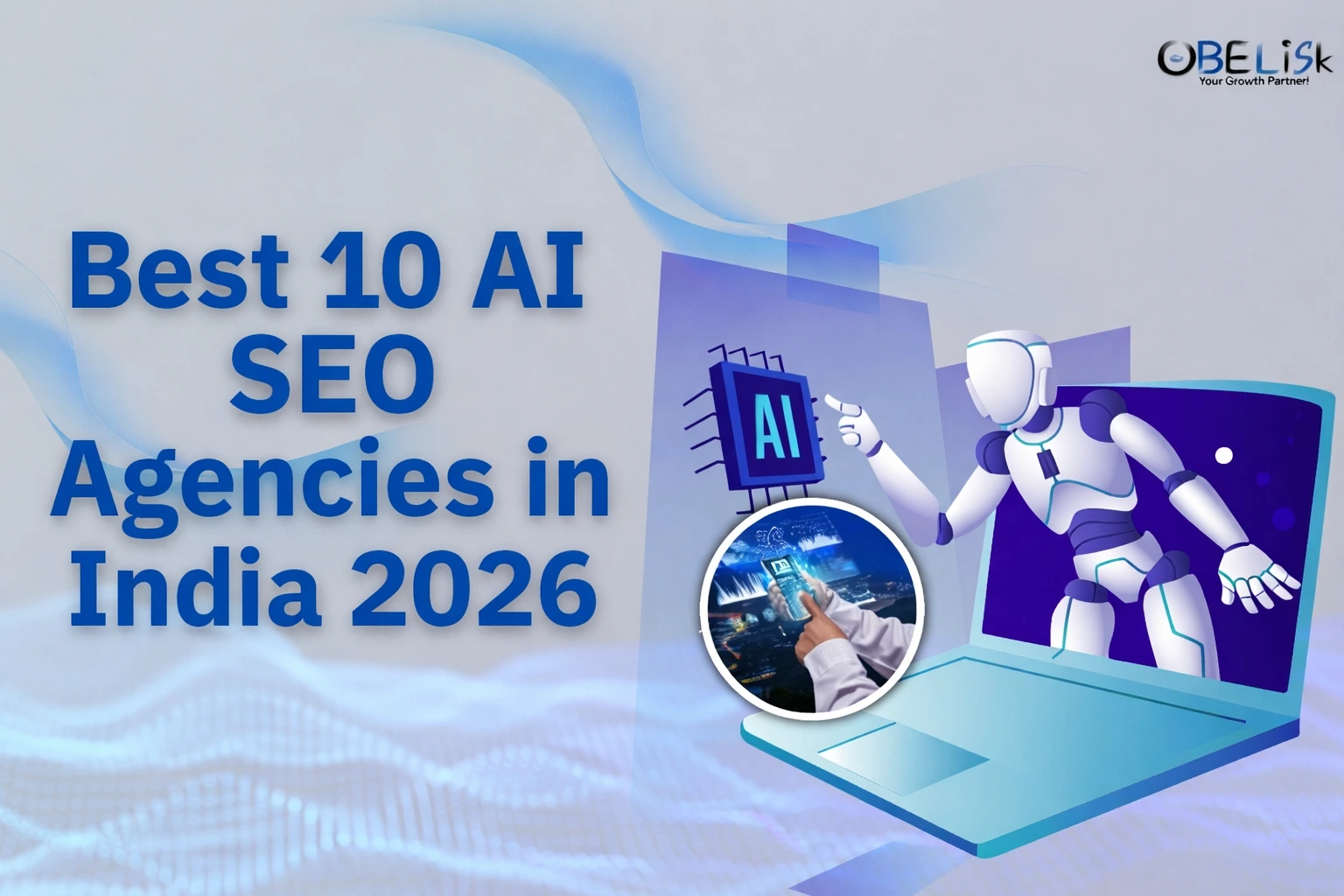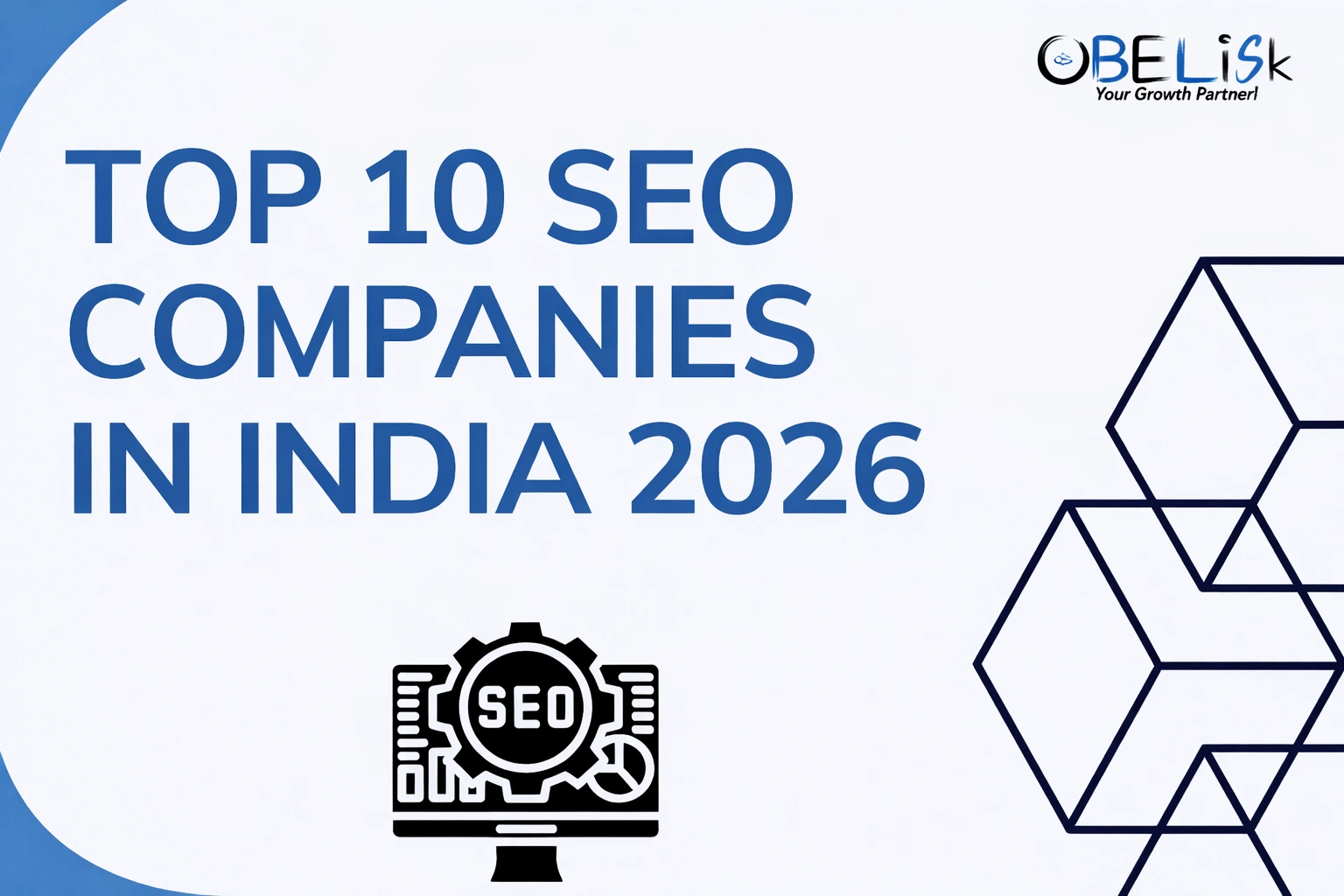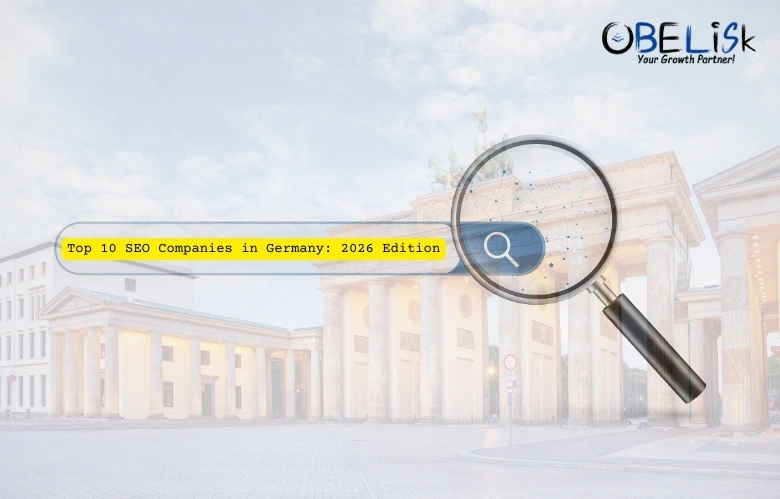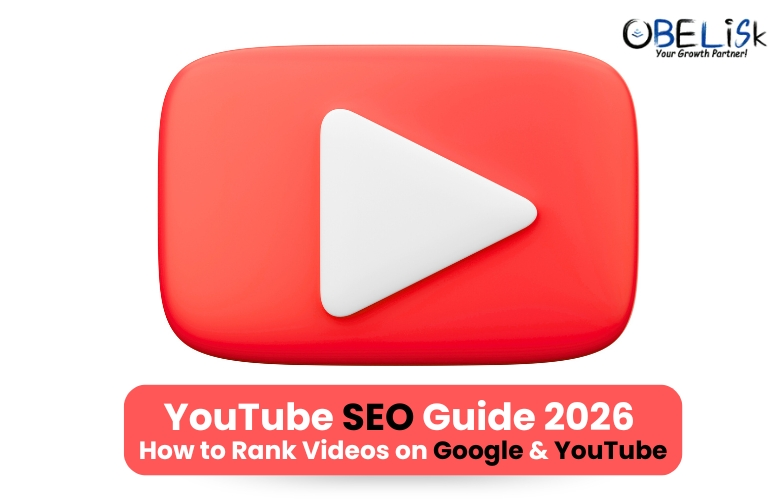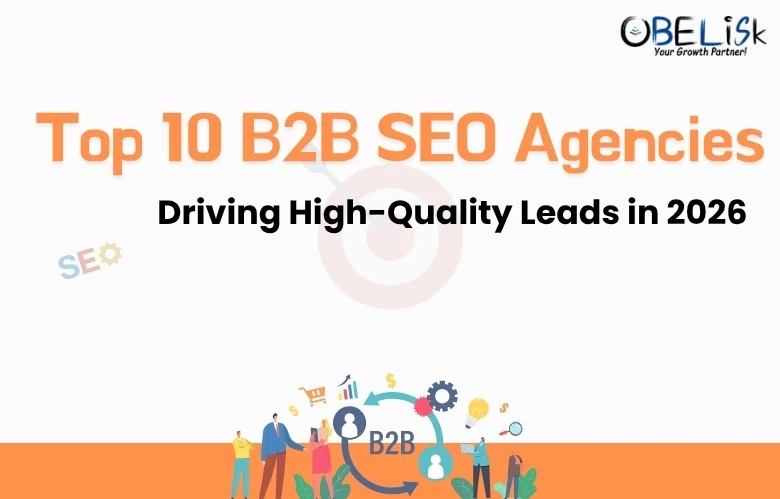Particularly in search results and other informative situations, Google has underlined once again the necessity of care when utilising answers produced by artificial intelligence. Gary Illyes of Google noted that even while big language models (LLMs) are getting more and more popular, they carry serious hazards. The potential for creating inaccurate or misleading information is a major concern as it has the potential to damage user trust and, in extreme cases, lead to penalties.
The Reasons for the Need for Caution
Illyes explained that the reliance on language pattern prediction rather than truth checking is the disadvantage of AI-generated content.
The search behemoth emphasises that owners of websites and content providers have to follow the same high standards for AI-generated content as they do for human-written contents. Trustworthiness, relevancy, and correctness are essential; Google warns against skipping proper examination in favour of producing massive amounts of data using artificial intelligence.
Human Control and Fact-Checking
Google’s primary advice is on the importance of human oversight. One should always verify and authenticate the outcome before publishing, even if artificial intelligence has generated the content. This ensures that any conceivable error or misleading information is found before the content appears posted.
Gary Illys stressed that artificial intelligence technology should be seen as assistants rather than replacements for human content creators. Even if they may be successful in producing original content or ideas, these technologies must be more consistent in doing required tasks like answering difficult questions without human involvement.
Even greater concern is raised by the quality of the sources AI references. Should AI-generated content rely on outdated or inaccurate sources, the end product may potentially highlight such errors. To assist in preventing this, Google advises ensuring any AI-generated answers are grounded on authoritative, current, reliable knowledge. Websites that generate a lot of information using artificial intelligence depend especially on routinely assessing this content for quality and accuracy.
Effects on Search Rankings
As Google has made very clear, anything created by artificial intelligence still needs to follow its search quality guidelines. Whether the content is produced by artificial intelligence or people, websites that fall short of these criteria might suffer, including reduced search engine results. Still, content quality forms the main factor influencing Google’s ranking algorithms.
Should AI-generated replies show to be worthless for users or to spread misleading information, they might affect a website’s SEO. Illys said that low-quality or misleading AI content might finally undermine the trust and reputation of websites, therefore influencing their search engine performance over time.
Rules for Using Safe AI
Although Google admits the value of artificial intelligence, it has set policies to guarantee proper use of the technology. For mainly regulated sectors, content authors should constantly fact-check AI-generated responses. Furthermore, bulk content created using AI techniques without appropriate assessment might result in worse content quality, therefore influencing SEO.
Companies using AI in content initiatives should complement human labour, not replace it. Technology may assist with content development, but it cannot replace human creativity and critical thought.
Last Thought
Google’s message is clear: although created by artificial intelligence, information produced by it should be utilised sensibly. The responses of Gary and John remind publishers that authoritativeness about content comes last in relevance and usefulness. Mueller’s latest statement that Google puts Redditors above industry experts based on the value of the content, not the authoritativeness, verifies how Google is (in one sense) now sorting content.
Therefore, publishers have to confirm their content to make sure it conforms with real-world relevant information based on facts, not artificial intelligence fiction, when utilising LLMs to rank in Google.
Key Points to Remember:
- Accuracy: Accuracy is critical; fact-checking is thus rather important, as artificial intelligence might provide false knowledge.
- Human supervision: Always check AI-generated contents before releasing them.
- SEO impact: Poor AI content may result in fewer search results.
- Ethical use: In critical sectors, use artificial intelligence sensibly to prevent grave consequences.




